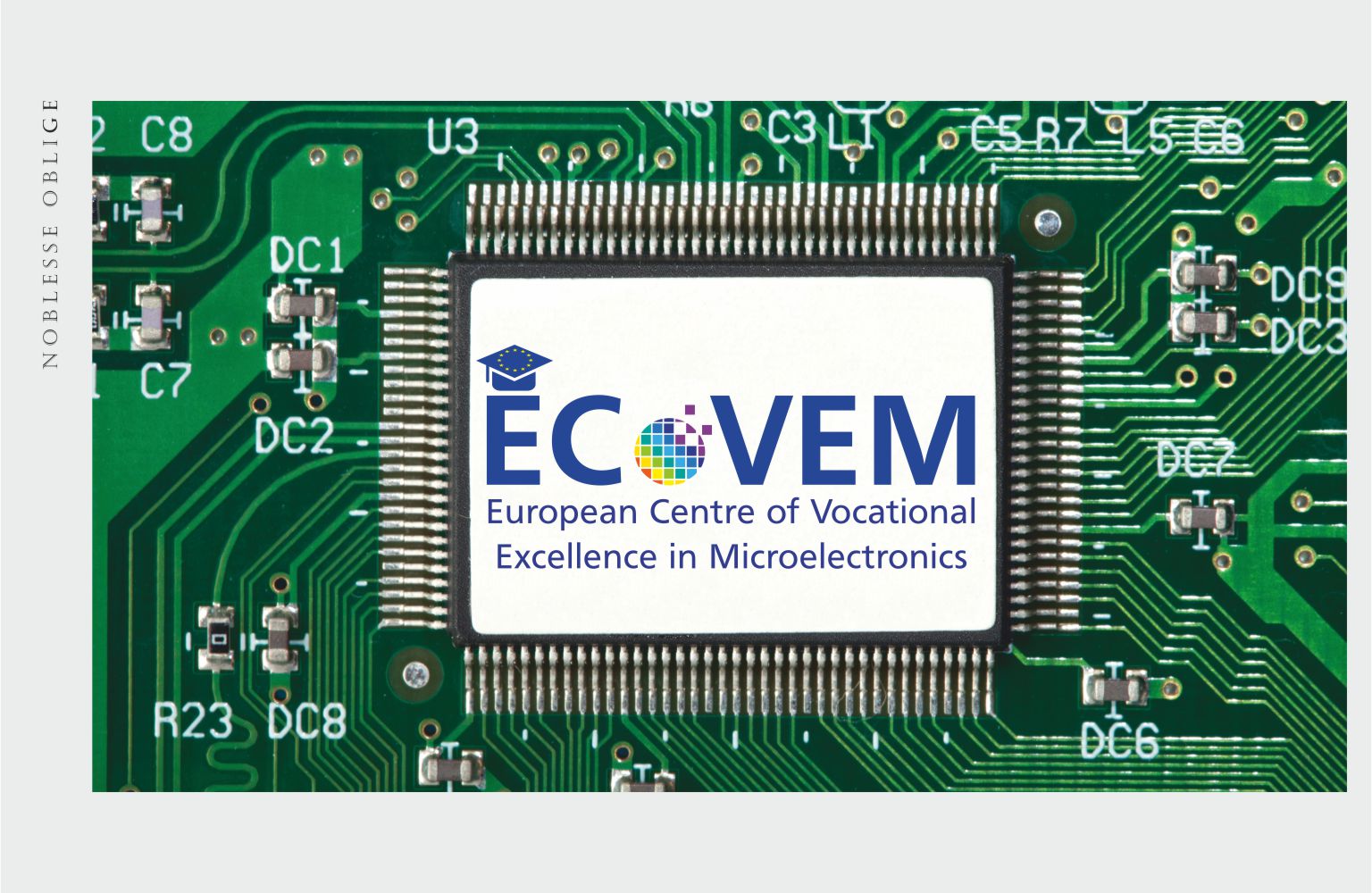We’re so used to electronics, we don't even notice them anymore!
We can't imagine modern security and safety without multiple cameras, monitors, sensors, and recorders. A citizen living in a developed country interacts with electronics about 170 times a day. It's not just our phones and cars, but also the information boards at the bus stops, fire alarm sensors, every modern product.
A month or two ago, there was a lot of talk about the shortage of chips – for cars, laptops, industrial robots, rippers and irrigation automation. For the first time in many years, the developed world has experienced a shortage of goods. To expand capacity, industries have made new investments. The “Taiwan Semiconductor Manufacturing Company”, the world's largest chipmaker, accounting for more than two-thirds of the market, made its most significant profits. The owners of “Samsung”, which contributes another 17%, are also pleased with their results. Smaller U.S. and European manufacturers were operating at full capacity too. “Samsung” is planning a $17 billion factory in Austin, Texas, “Intel” has laid out more or less the same in its new plants in Ohio and Germany, and “TSMC” is building a $12 billion plant in Phoenix, Arizona, and another one in Japan. European institutions developed the Chips Act for Europe, a strategy document, which foresees EUR 43 billion of investment. Its result – strengthening Europe’s technological leadership.
People pose a new threat to microelectronics. More precisely- the shortage of skilled personnel at all qualification levels - middle technicians, engineers, doctors and researchers. A study by ECoVEM, the Microelectronics Skills Policy Project www.ecovem.eu, shows a shortage of 178,000 jobs in Europe for 2020, i.e. before the chip crisis and the new investments. According to the same study, the shortage in Bulgaria is between 2 and 3 thousand jobs. The lack of more specific results for Bulgaria is due to the low number of survey responses.
The ECoVEM project brings together VET centres, polytechnics, industrial associations, and social partners to establish the European Cooperation platform of Vocational Excellence in Microelectronics to tackle the challenges of digitalisation, artificial intelligence, green technologies, gender equality and technology, integration of migrants
These and other related issues will be discussed during a special event on October 7th, 2022 at 9:30 am at the European Commission building in Sofia, 124 Rakovski Street, Sofia. Companies will present their activities and job requirements. Universities and secondary schools will discuss the skills and competencies of their graduates.
You’re welcome to take part in the event!
For further information and registration: Bulgarian Industrial Association, “International Economics Centre” – www.ierc.bia-bg.com






